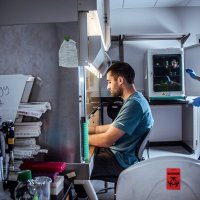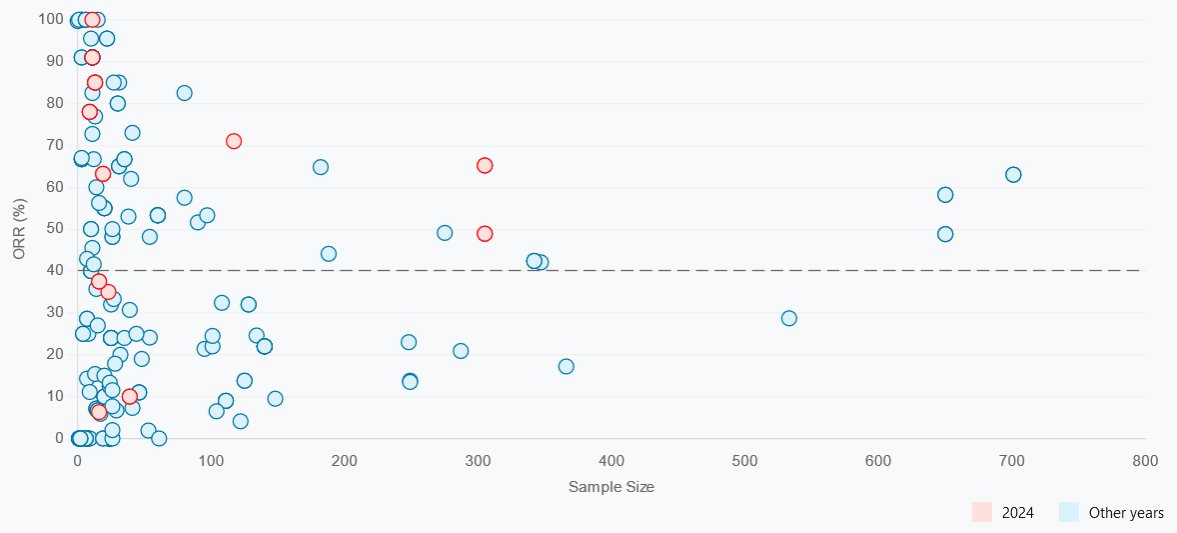
Alex Telford
@atelfo
Tweets about the biotech industry, science, progress, and innovation | founder @Convokebio
ID: 767830152768356352
http://atelfo.github.io 22-08-2016 21:05:48
1,1K Tweet
4,4K Followers
337 Following


Amylyx $AMLX to pull ALS drug from market, cut 70% of staff statnews.com/2024/04/04/amy… via Allison DeAngelis News aside, I have deep respect for the way Josh and Justin have handled the Relyvrio situation. A lot of companies talk about prioritizing patients over business. Amylyx



Announcing the 2024 Roots of Progress Institute Blog-Building Intensive, the second cohort of our 8-week program for aspiring progress writers to start or grow a blog. Learn about progress studies, get into a regular writing habit, improve your writing, and build your audience



Nearly identical CRISPR medicines can be *reprogrammed* to treat entirely new diseases. It's "a platform for cures" as Fyodor Urnov would say. I wrote an in-depth essay about the challenges and opportunities in scaling from "one to a thousand" cures: centuryofbio.com/p/scaling-cris…

Ten things we learned while editing Alex Telford's piece, "Origins of the Lab Mouse." 1. Gregor Mendel—the Austrian monk who founded modern genetics—originally wanted to breed mice (not peas). He was forced to use peas due to concerns from a prudish bishop. x.com/salonium/statu…





I've noticed that biotech cos built around a computational discovery platform have a different philosophy on company building and how to use software to gain sustainable advantage vs. 'traditional' biotech or pharma. I reflect on this in a new blog post: atelfo.github.io/2024/09/17/a-n…





